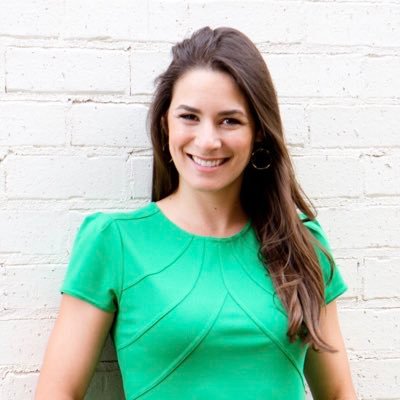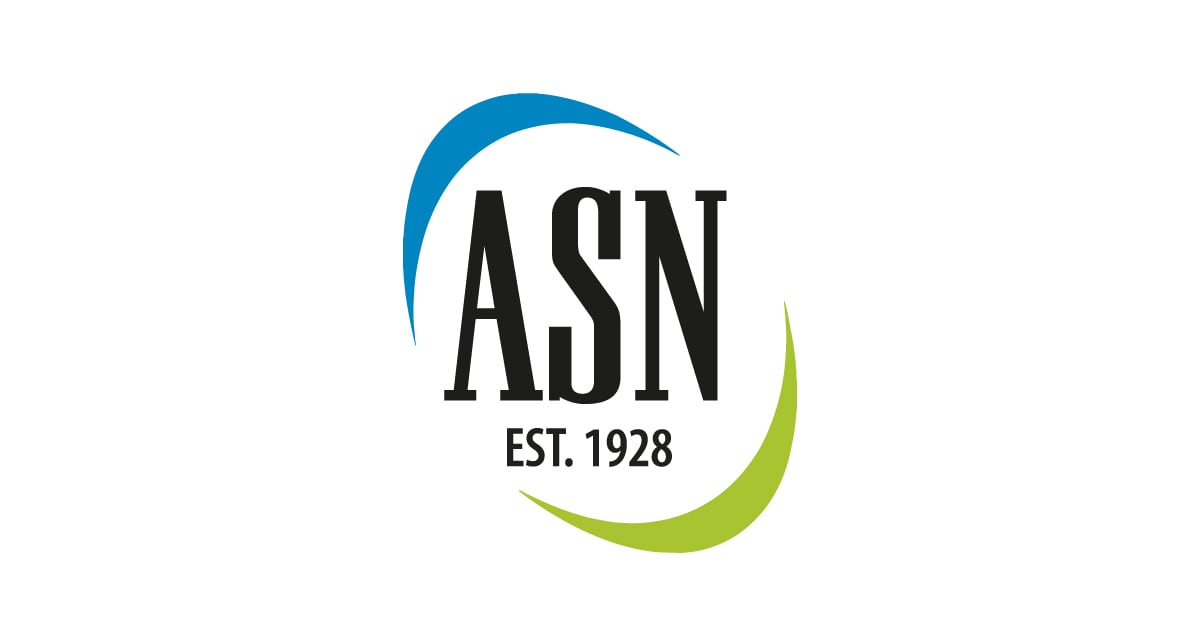*Written by ASN Member Dr. Michelle Cardel
I used to be a horrible scientific writer. I was paralyzed by writing anxiety and it took me what felt like forever to write papers. Fast forward to 2019: I published 14 scientific articles and 2 book chapters in one year. For the scientific articles, I was the first author on eight of them, the second author on two, and the senior author on two. However, how many I published is irrelevant. The point is, that I worked through my writing anxiety and writing has become a daily, and dare I say enjoyable, part of my life.
I took these 8 steps to become a more productive scientific writer.
1. Figure out when you write best and block out that time on your calendar.
I write best in the morning. Unless unavoidable, I do not take meetings in the morning. I use this time to read, write, and think. I write every single day, Monday through Friday, even if it is just for 30 minutes.
Every Friday, I do a “brain-dump” of what tasks I need to complete for the following week. I block off my calendar with writing times and make notes of what I will focus on during those times. I try to stay realistic about what I can accomplish during a given time.
This helps me organize what I need to do for the following week so I start each Monday with a plan in place. Life happens and it doesn’t always work exactly the way I put it in my calendar, but it works a lot better for me than not having a plan at all.

I set my alarm to write for the designated time. Once the alarm goes off (usually a 30 or 60 minute writing block), I get up and go on a 5- or 10-minute walk. This helps me get my steps in, feel refreshed, and it clears my head. After moving my body, I’m ready to come back and get my writing done again.
There are days that I am tired and don’t have the motivation to write. On those days, I focus my energies on writing tasks that don’t require intellectual jumping jacks – getting title pages ready, working on tables, inserting citations. But I make progress, however small, most days.
2. Create an outline.
This is fairly controversial but for me, especially when I first started writing, having an outline was key. Once I knew what I wanted to write, it was a lot easier to sit down and do it. I use a $30 outlining tool called Inspiration.
3. Turn off your email, your phone, and anything else distracting.
Get away from anything that distracts you. I put my phone on silent, log out of social media and email (those pings really get me), and put on soft music. This gets me in my groove.

4. Ignore your inner perfectionist.
During your writing time, don’t worry about grammar or making it perfect. That is what editing is for. I tell my students to name their first drafts (Crappy Draft_Version 0) to take the pressure off that the first draft has to be perfect.
5. Edit, Edit, Edit.
After you have a draft, check it for flow and clarity. If you hesitate on a section, revise it. If you can’t understand what you were trying to say, no one else can either. I often revise a manuscript at least 3-5 times before I send to anyone else for review.
6. Get feedback.
I’m a firm believer that papers are improved by critical feedback from collaborators. My collaborators often have different expertise and provide important insights. I have never written a paper by myself and have no plans to (co-authoring is common in my field).
7. Consider creating a writing group.
If you don’t feel comfortable sending your paper to your collaborators or mentor(s) without additional feedback, consider creating a writing group with your peers. You can take turns reviewing each other’s work and it is beneficial for all.
8. Read, read, and read.
Read manuscripts in your field which will keep you up to date on literature and help you identify new ways to write. Also read outside of your field – books, magazines, and newspapers. Exposure to new ideas can spark creativity and new insights. I read a LOT!
These are strategies that have worked well for me, but I am not suggesting that these strategies work for everyone. I recognize we all have competing demands and others may have less resources and protected time. This is not an exhaustive list but I hope that by sharing my tactics, it may help someone else find what works for them.
Also, persistence is key. Last year, I got a manuscript accepted at a very well-respected journal after eight submissions to other journals. I also had one paper accepted with no revisions (!!!). And recently, I received two manuscript rejections in one day! Academia can be a rollercoaster of highs and lows!
Importantly, I need to acknowledge that I do not write alone. I have an incredible team in the Cardel Lab Group that work incredibly hard and are very productive writers. I have the best collaborators who provide critical feedback. And I have benefited from exceptional mentoring.

Note: This article was originally a series of tweets on September 15, 2020. Participate in the dialogue on Twitter here.
#AcademicTwitter: I used to be a horrible scientific writer. I was paralyzed by writing anxiety & it took me FOREVER to write papers. Last year I published 14 scientific articles (8 first, 2 second, 2 senior-author) & 2 book chapters.
A thread⬇️on how I became more productive:
— Michelle Cardel,PhD, MS, RD (@MichelleCardel) September 15, 2020
 About Dr. Michelle Cardel
About Dr. Michelle Cardel
Dr. Cardel is an assistant professor and obesity and nutrition scientist in the Department of Health Outcomes & Biomedical Informatics at the University of Florida (UF), where she is also an Associate Director for the Center for Integrative Cardiovascular and Metabolic Diseases and founder and director of UF’s Obesity Research Alliance. Her research is focused on characterizing psychosocial factors, including low social status and food insecurity, that contribute to the development of obesity and implementing effective weight loss treatment programs for obesity among underserved populations. Her specialties include nutrition, pediatric and adult obesity, psychosocial factors contributing to obesity, implementation science, and health disparities. As a member of the American Society for Nutrition (ASN), Dr. Cardel serves on the Finance and Audit Committee and on the Public Information Committee. She has published in high impact medicine, obesity, and nutrition journals including JAMA, JAMA Pediatrics, American Journal of Clinical Nutrition, and Obesity.




